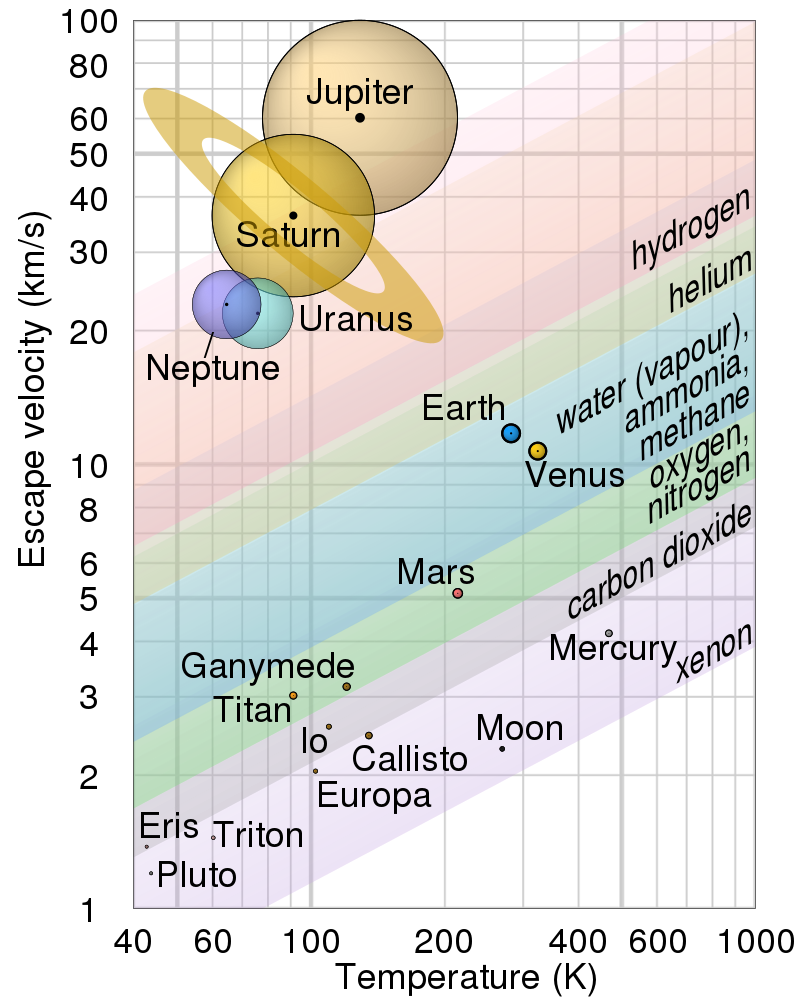There are a number of questions on here about possible exotic types of biochemistry on worlds with ammonia or methane oceans. Some of these point out that a plausible pathway would be a reducing atmosphere which has hydrogen released from plants, with animals using that hydrogen to reduce organics back down to methane for energy. A point that comes up in these is that hydrogen will tend to escape from a terrestrial planet, as this chart shows:

I wonder though, how big a problem is this really? This Jeans Escape diagram illustrates that this leakage only happens in the upper atmosphere, slowly, as the lower levels keep the molecule speeds down in collisions.
There's also this line from the wikipedia article on the subject.
"In 1 billion years, the Sun will be 10% brighter than it is now, making it hot enough for Earth to lose enough hydrogen to space to cause it to lose all of its water"
Earth has not lost its water yet via hydrogen escape, but it one day will, when the upper atmosphere gets much richer in water vapor, exposing more of it to photolysis and hydrogen escape. Right now though, not that much hydrogen is up high enough for this.
Could worlds with ammonia or methane-based life retain hydrogen created by local life long-term in this same manner? Have a slow escape from their upper atmospheres during their long and cold lifetimes until their suns age and grow hotter? Is is plausible to have a terrestrial world where hydrogen was the equivalent of oxygen in its proportions for long stretches of time without the planet drying out? Titan, for example, has an atmosphere of 0.2% Hydrogen despite its small size and still being too warm to hold onto the stuff long-term.

